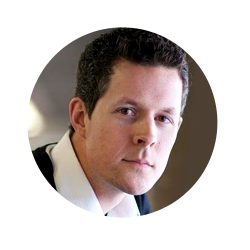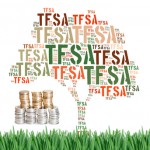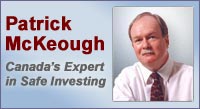
By Robb Engen, Boomer & Echo
Special to the Financial Independence Hub
We all know how the story goes: You get a hot stock tip from your uncle who works in the oil & gas industry, or from your brother-in-law who works in the tech space, or from your mortgage broker (who’s an idiot).
I’m sorry, but just stop right there. No, Tiger Mike’s Drilling Co. is NOT going to be the next Suncor, and Flappy Bird (or whatever the kids are playing these days) is definitely not going to be the next Facebook or Instagram. And your mortgage broker is still an idiot, no matter what his day-trading recommendation was this time. So why are you listening to him?
Many investors obsess over fees, trying to shave tenths or even hundredths of a percentage from their mutual fund or ETF expenses. But some investors are willing to throw away those benefits by trying (and failing) to hit a home run picking junior mining stocks on the Venture Exchange.
“Play money” doesn’t belong in your retirement plan
The problem with a core-and-explore approach is when investors view “explore” as play money to gamble on risky penny stocks or the next up-and-coming trend. Was it play money when you first decided to save instead of spend your hard-earned dollars? Why is it different now that the money is in your brokerage account?
Why take that kind of risk with your investments? If you feel like gambling, go to a casino. “Play money” does not belong in your retirement plan.
I get it – it can be fun to try and find the next Microsoft or Google from a list of up-and-comers. But the odds of that happening are overwhelmingly not in your favour.
There’s a reason why most “hot stock tip” stories end up as cautionary tales for investors. So why do we keep doing it?
Remember, you don’t need to swing for the fences when a base hit will do just fine.
In addition to running the Boomer & Echo website, Robb Engen is a fee-only financial planner. This article originally ran on his site [note the comments that follow it] and is republished here with his permission.







